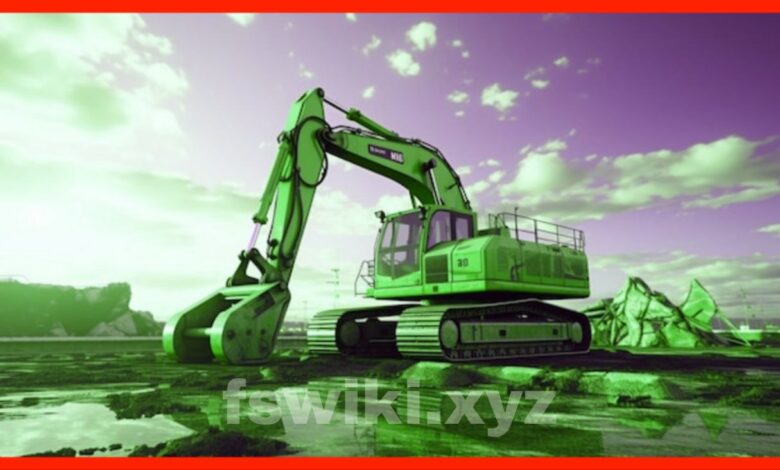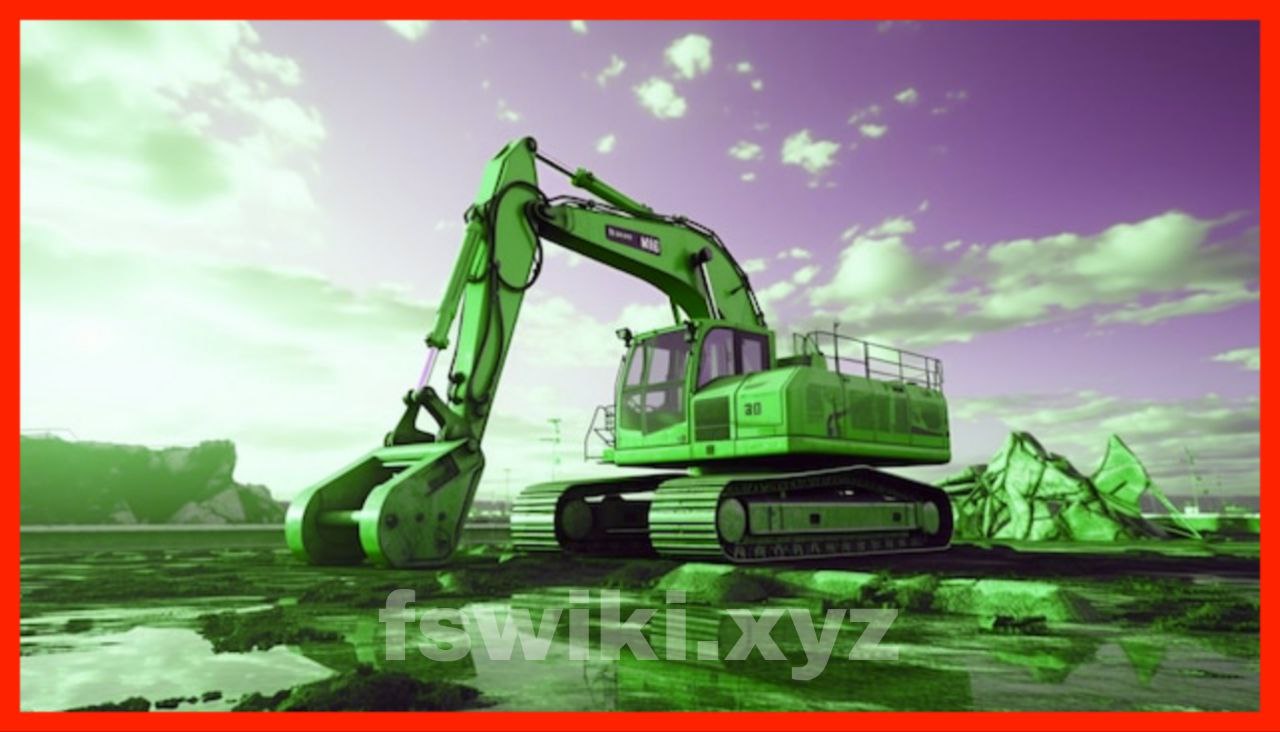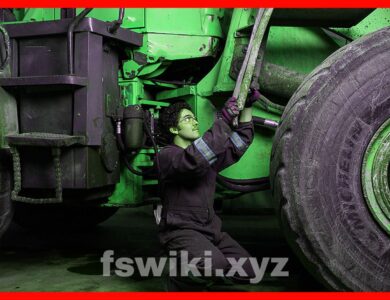
Heavy Equipment Repair Shops Keeping Your Machinery in Top Shape
When it comes to heavy equipment, downtime is the enemy. Whether you’re dealing with bulldozers, excavators, or forklifts, having a reliable repair shop can make all the difference. Let’s dive into the world of heavy equipment repair shops and discover how they keep your machinery running smoothly.

Why Heavy Equipment Repair Shops Are Essential
Heavy equipment plays a critical role in industries like construction, mining, and agriculture. Regular maintenance and prompt repairs are crucial to ensure these machines operate efficiently. Here’s why you should consider partnering with a reputable repair shop:
- Expert Technicians: Skilled professionals who understand the intricacies of heavy machinery.
- Quick Turnaround: Minimizes downtime and helps keep projects on schedule.
- Comprehensive Services: From routine maintenance to complex repairs.
Top Services Offered by Heavy Equipment Repair Shops
Heavy equipment repair shops offer a variety of services to address different needs. Here are some of the key offerings you can expect:
1. Routine Maintenance
Routine maintenance helps prevent unexpected breakdowns. Common tasks include:
- Oil Changes
- Filter Replacements
- Hydraulic System Checks
2. Engine Repairs
Engine problems can lead to significant downtime. Repair shops provide:
- Engine Diagnostics
- Parts Replacement
- Overhaul Services
3. Hydraulic System Repairs
Hydraulic systems are crucial for equipment functionality. Services include:
- Leak Detection
- Pump Repairs
- Cylinder Replacements
4. Electrical System Troubleshooting
Electrical issues can be tricky. Repair shops offer:
- Wiring Inspections
- Battery Replacements
- Electronic Component Repairs
Choosing the Right Heavy Equipment Repair Shop
Selecting the right repair shop is vital for keeping your equipment in top condition. Here are some tips to help you make the best choice:
1. Check Credentials
Ensure the repair shop has certified technicians and meets industry standards. Look for:
- Certifications: Such as ASE or OEM certifications.
- Experience: Years in the industry and specialization in your equipment type.
2. Read Reviews
Customer feedback can provide insights into the shop’s reliability and service quality. Check:
- Online Reviews: Websites like Google and Yelp.
- Testimonials: On the repair shop’s website.
3. Compare Quotes
Get quotes from multiple shops to ensure competitive pricing. Consider:
- Labor Costs: Hourly rates vs. flat fees.
- Parts Costs: OEM vs. aftermarket parts.
What to Expect During a Repair
Understanding the repair process can help you manage expectations. Here’s a brief overview:
- Diagnostic Assessment: Technicians identify the problem.
- Repair Plan: A detailed plan and cost estimate are provided.
- Execution: Repairs are carried out using quality parts and tools.
- Quality Check: A final inspection ensures everything is working properly.
Useful Tips for Equipment Maintenance
Keeping your equipment in good shape can reduce the need for repairs. Here are some tips:
- Follow Manufacturer’s Guidelines: Stick to recommended maintenance schedules.
- Keep Records: Document all maintenance and repairs.
- Train Operators: Proper use can prevent unnecessary wear and tear.
“The best investment in heavy equipment is not just the machinery itself, but the maintenance and care that keeps it running.”
Heavy equipment repair shops are your partners in maintaining the efficiency and longevity of your machinery. By choosing the right shop and following good maintenance practices, you can ensure your equipment stays in peak condition, reducing downtime and improving productivity



